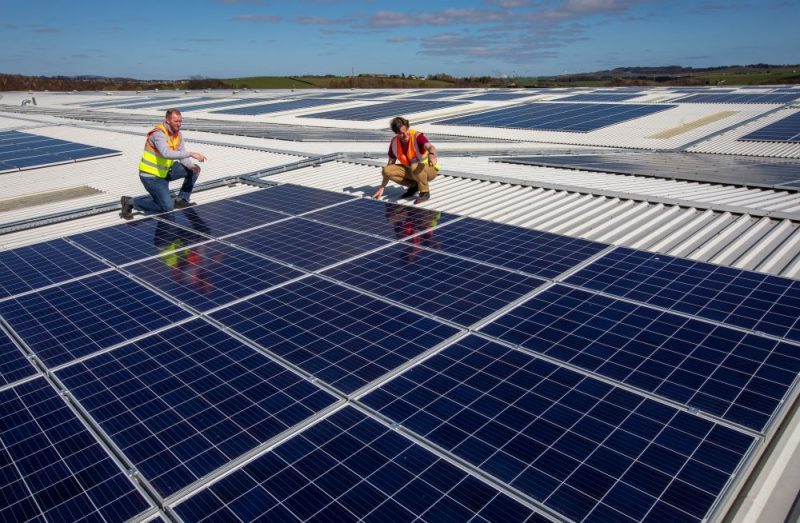A recent poll of 500 decision makers has found that 57% of them believe that specialised green skills are important to their businesses. However, many are having difficulty finding skilled staff in areas of sustainable engineering and finance. To address this skills gap, over one in four decision makers (27%) are actively identifying opportunities and anticipating future business needs. Additionally, 26% are investing in professional training to upskill their existing workforce, while 23% are offering more on-the-job training and apprenticeships.
Another poll, commissioned by Michael Page, found that 27% of employed adults are considering a green job as their next career move. However, many are uncertain if they have the necessary skills. Nearly half of those considering a green job (47%) are interested in renewable energy, while others see sustainable investment and construction as viable options. Among those considering the switch, 49% want a role that positively impacts the planet, and 36% want to future-proof their careers. To prepare for future green jobs, 28% plan to undergo training related to their current specialism, and 26% are exploring online courses to achieve necessary qualifications.
Joanna Bonnett, Head of Sustainability at PageGroup, said it is crucial for policy makers, businesses, and educational organizations to collaborate and invest in properly preparing the workforce. Doing so will create a pipeline of talent that is ready for the jobs of the future and tackle the green skills shortage, which could drastically slow down net zero efforts.
More than half (55%) of decision makers believe it is important that new staff demonstrate their consciousness about climate change. Moreover, 31% consider it a priority to invest in staff to prepare them for the green future. Despite rising costs of living, 43% of businesses remain committed to working toward their sustainability goals. These businesses have committed to reaching an average of five targets, with 40% citing long-term cost savings benefits as the driving force behind implementing these goals, and a third (33%) see it as an opportunity to future-proof their business.
The poll of workers, conducted by OnePoll.com, found that 34% of workers claim witnessing the negative impacts to the environment as their primary reason for considering green work. One in three (33%) had been motivated after watching documentaries about climate change, and 32% were aware that the job market is changing and want to adapt to the times. Nearly three-quarters (73%) started exploring these green opportunities in just the last two years.
Joanna Bonnett from PageGroup added that with one in five companies currently recruiting for green positions, it is clear they recognise the significance of the green transition and the benefits it brings to their business and workforce.










